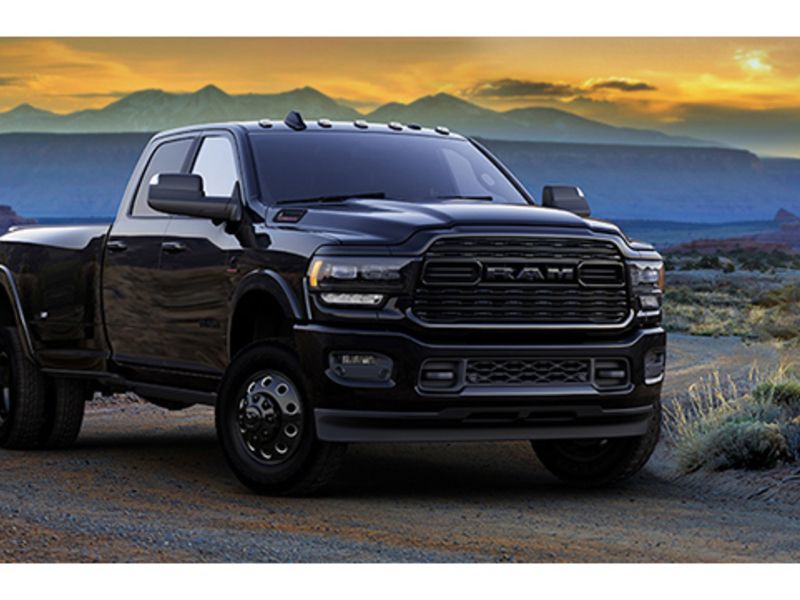
WASHINGTON — NHTSA has opened an investigation to assess potential safety issues in nearly 605,000 heavy-duty Ram diesel trucks from the 2019 and 2020 model years.
The agency’s Office of Defects Investigation said it has received 22 complaints from vehicle owners and two field reports alleging incidents of stall or loss of power as a result of high-pressure fuel pump failures in Ram 2500, 3500, 4500 and 5500 heavy-duty trucks from those model years. The trucks are equipped with 6.7-liter Cummins turbodiesel engines.
Federal investigators found that most of the incident allegations occurred at speeds faster than 25 mph and resulted in “permanent disablement of the vehicle,” according to a NHTSA document.
The investigation was opened Oct. 14 and made public Monday. As part of the investigation, NHTSA will assess the scope, frequency, root cause and potential safety-related consequences of the alleged defect.
FCA US, now part of Stellantis, issued a warranty notice to dealers in November 2019 about a campaign to “collect, monitor and correct quality issues” on certain 2018 to 2020 model-year Ram trucks with the 6.7-liter Cummins engine, according to the NHTSA document. As a result of the campaign, high-pressure fuel pumps were collected and inspected by the automaker and pump supplier.
“We will, as always, cooperate fully with NHTSA’s investigation while continuing our own fact-finding in support of our customers,” Stellantis spokesman Eric Mayne said in a statement to Automotive News.
The automaker did not disclose which parts supplier makes the fuel pumps.
Most NHTSA investigations start as preliminary evaluations, in which agency engineers request information from the manufacturer, including data on complaints, injuries and warranty claims. The manufacturer also can present its view regarding the alleged defect and may issue a recall.
After the evaluation, NHTSA will either close the investigation or move into the next phase. If a safety-related defect exists, according to NHTSA, the agency may send a “recall request” letter to the manufacturer.

